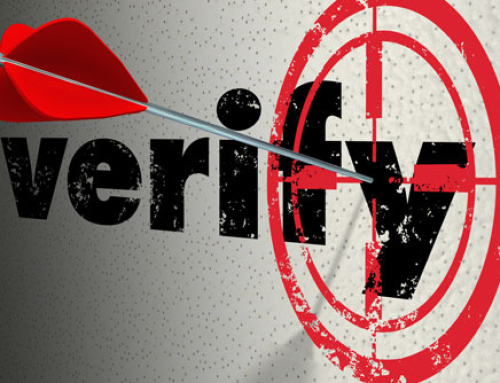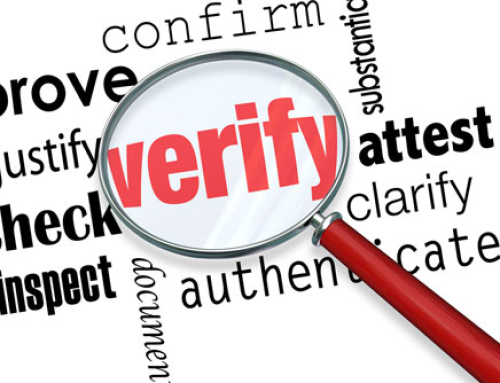Checking the assumptions of an expert’s opinion contained in the electronic version of their spreadsheets should be routine. Just ask a couple of well-respected economists upon whose calculations in an Excel spreadsheet formed the economic theories for the austerity measures taken by several EU countries the past few years whether they would have liked someone to check their calucations. At least to have done so sooner, rather than 3 years later when a student reviewed the calculations and discovered the error. The arguments are just starting as to whether it really mattered to the austerity measures implemented, but no one would have been the wiser if the student had not double-checked the calucations.
The article in the BBC Magazine http://www.bbc.co.uk/news/magazine-22213219 reminded me of the importance of asking for the electronic versions of spreadsheets in litigation.

I can’t tell you how many depositions I sat through where experts were deposed who relied upon their spreadsheets — not just the business litigation matters, but in almost every personal injury case where life expectancy or the valuation of on-going medical expenses were at issue: economists, accountants and actuaries all testified. And, all testified based on the work-up contained in their spreadsheets. Counsel often ask for the spreadsheet to be produced, but rarely does the PI or defense bar ever ask for the electronic version. Just kicking the tires by looking at a physical copy (and then asking countless questions about this or that calculation) isn’t enough in this day and age of electronic data. You gotta look under the hood and check out the underlying assumptions in all of those funkly Excel cells. You can bet at least 2 leading economists will ask someone to look at their Excel spreadsheets next time.




